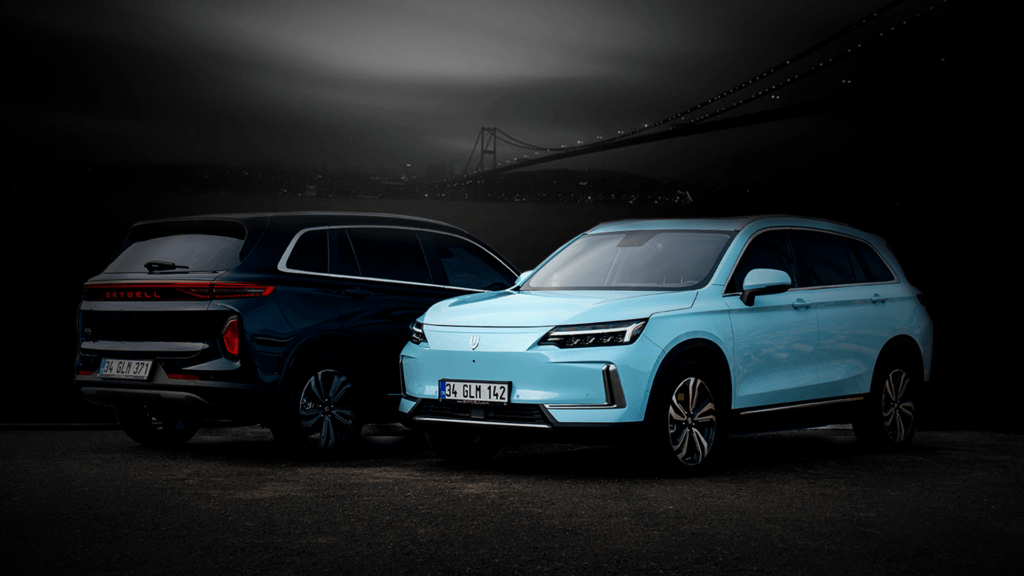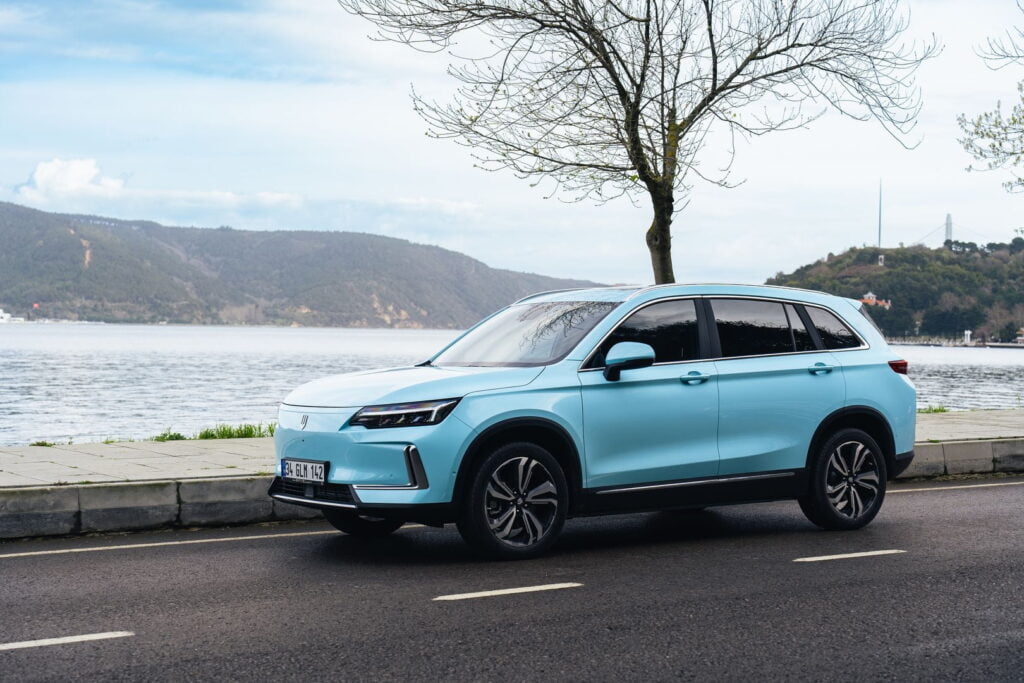In today’s world, with increasing environmental awareness and the goal of reducing dependence on fossil fuels, electric vehicles have gained significant popularity. Electric vehicles were developed to reduce the environmental impacts of vehicles with internal combustion engines, and the advantages these vehicles offer attract more and more people every day. However, many people still have many questions about the technical specifications of electric vehicles. One such question is, “Do electric vehicles have catalytic converters?” In this article, we will examine the structure of electric vehicles, the function of catalytic converters, and how these two topics are related.
What is a Catalytic Converter?
First, let’s explain what a catalytic converter is and what it does. A catalytic converter is a component used in vehicles with internal combustion engines to clean exhaust gases. This device uses chemical reactions to convert harmful gases into less harmful ones. It reduces air pollution by converting pollutants such as carbon monoxide (CO), hydrocarbons (HC), and nitrogen oxides (NOx) into less harmful compounds.
How Does a Catalytic Converter Work?
Catalytic converters accelerate chemical reactions to convert harmful gases using the catalysts they contain. There are two main types of catalytic converters: two-way and three-way catalytic converters. Three-way catalytic converters are widely used in modern vehicles with internal combustion engines and can simultaneously convert CO, HC, and NOx gases. These devices operate at high temperatures and are integrated into the exhaust system.
Structure of Electric Vehicles

Electric cars use electric motors instead of internal combustion engines. These motors use lithium-ion batteries or other types of batteries as their energy source. The main reason electric cars are environmentally friendly is that they do not use fossil fuels and therefore do not produce exhaust gases. Since these vehicles operate on electric energy, there is no fuel combustion, which significantly reduces air pollution.
Advantages of Electric Vehicles
Electric vehicles have many advantages:
- Environmentally Friendly: Electric vehicle models operate with zero emissions and do not cause air pollution.
- Lower Fuel Costs: Electric vehicles have lower fuel costs compared to gasoline or diesel vehicles. Electricity is generally cheaper than fossil fuels.
- Less Maintenance: Compared to the complexity of internal combustion engines, electric motors have fewer moving parts, which reduces maintenance needs.
- Quiet Operation: Electric motors operate much more quietly, reducing city traffic noise.
Do Electric Vehicles Have Catalytic Converters?
Now that we understand the structure of electric vehicles and the function of catalytic converters, let’s return to the main question: Do electric vehicles have catalytic converters?
Short Answer: No
Electric vehicle models do not have catalytic converters. The reason for this is that electric vehicles do not use fossil fuels and therefore do not produce exhaust gases. Catalytic converters are necessary to clean exhaust gases, but electric cars do not produce such gases, so they do not need this component.
Why Don’t Electric Vehicles Need Catalytic Converters?
Electric vehicles use batteries as their energy source and operate through electric motors. Since there is no fuel combustion and no exhaust gas production in this system, air pollutants are not produced. Therefore, components like catalytic converters, which are used to clean exhaust gases, are not needed.
Environmental Impact of Electric Vehicles

The environmental impact of electric vehicles is much lower compared to vehicles with internal combustion engines. However, aspects such as the production of electric vehicles and the recycling of their batteries should also be considered. The materials used in battery production and the production processes can create environmental impacts. Therefore, making these processes sustainable is important to completely eliminate the environmental impacts of electric vehicles.
Electric Vehicles and the Future
Electric vehicles will play an important role in the future of the automotive industry. The decline of fossil fuels and increasing environmental awareness will increase the demand for electric vehicles. Additionally, government incentives and support for environmentally friendly transportation solutions will also accelerate the widespread adoption of these vehicles.
- Charging Infrastructure: For electric vehicles to become widespread, the development of charging infrastructure is necessary. More charging stations will allow electric vehicle users to easily charge their vehicles. Additionally, the development of fast-charging technologies will shorten charging times and improve user experience.
- Battery Technologies: The performance and range of electric vehicles are directly related to the development of battery technologies. The development of higher capacity and faster-charging batteries will allow electric vehicles to offer longer ranges. Additionally, the development of battery recycling technologies will reduce environmental impacts.
For other content like “Do Electric Vehicles Have Catalytic Converters?” you can check out our general category.
Electric cars do not have catalytic converters because they do not use fossil fuels and do not produce exhaust gases. Electric vehicles offer an environmentally friendly and sustainable transportation solution. The widespread adoption of electric vehicles is a significant step in reducing environmental impacts and reducing dependence on fossil fuels. In the future, with the development of charging infrastructure and battery technologies, electric vehicles are expected to become even more widespread. Increasing environmental awareness and the demand for sustainable transportation solutions will make electric vehicles an important part of the automotive industry’s future.
You might be interested in:
Do Electric Vehicles Have Engine Oil?
Performance and Driving Experience in Electric Cars
How to Maintain Your Electric Car in the Summer?

